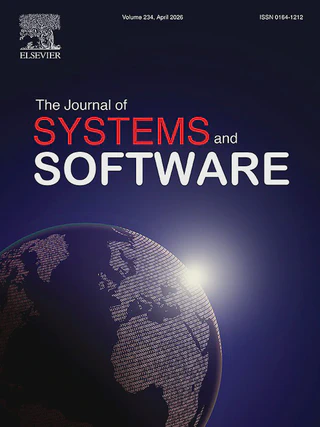MENTOR: Fixing Introductory Programming Assignments With Formula-Based Fault Localization and LLM-Driven Program Repair
 Image credit: JSS
Image credit: JSSAbstract
The increasing demand for programming education has led to online evaluations like MOOCs, which rely on introductory programming assignments (IPAs). A major challenge in these courses is providing personalized feedback at scale. This paper introduces MENTOR, a semantic automated program repair (APR) framework designed to fix faulty student programs. MENTOR validates repairs through execution on a test suite, and returns the repaired program or highlights faulty statements. Unlike symbolic repair tools like Clara and Verifix, which require correct implementations with identical control flow graphs (CFGs), MENTOR’s LLM-based approach enables flexible repairs without strict structural alignment. MENTOR clusters successful submissions regardless of CFGs, and employs a Graph Neural Network (GNN)-based variable alignment module for enhanced accuracy. Next, MENTOR’s fault localization module leverages MaxSAT techniques to pinpoint buggy code segments precisely. Finally, MENTOR’s program fixer integrates Formal Methods (FM) and Large Language Models (LLMs) through a Counterexample Guided Inductive Synthesis (CEGIS) loop, iteratively refining repairs. Experimental results show that MENTOR significantly improves repair success rates, achieving 64.4%, far surpassing Verifix (6.3%) and Clara (34.6%). By merging formula-based fault localization, and LLM-driven repair, MENTOR provides an innovative, scalable framework for programming education.
Type
Publication
In the Journal of Systems and Software (JSS) 2026 [SJR Q1 Journal].